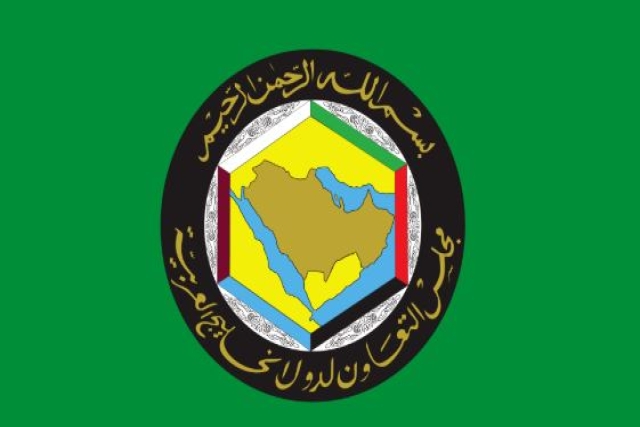New rules for European defense and security market
The new Directive 2009/81/EC on defence and security procurement entered into force on 21 August 2009. The Directive will be the cornerstone of a truly European Defence Market supporting the development of the European defence-related supplier base. Up until now, the vast majority of defence and sensitive security procurement contracts have been exempted from the Internal Market rules. One of the reasons for this is that the existing EU procurement rules are considered to be ill-suited for most defence- and security-related purchases. The new Directive will greatly improve this situation by providing tailor-made procurement rules for defence and security contracts. Member States now have at their disposal Community rules they can apply to complex and sensitive transactions without putting at risk their legitimate security interests. Internal Market and Service Commissioner Charlie McCreevy said: “This Directive introduces at the European level fair and transparent procurement rules for defence and security. The Internal Market principles will finally apply in sectors which have been traditionally excluded from Community law. This will make defence and security markets more open and more transparent to the benefit of all: taxpayers' money will be spent more efficiently, armed forces will get better value for money, and industry will get better access to new markets”. More transparency and competition for Europe’s defence and security markets:. Until now, most defence and sensitive security equipment has been procured on the basis of uncoordinated national rules, which differ greatly in terms of publication, tendering procedures, selection and award criteria, etc. This regulatory patchwork is a major obstacle on the way towards a common European defence equipment market and opens the door to non-compliance with the Internal Market principles. The new Directive will open up the Internal Market for defence and security products by introducing transparent and competitive procurement rules specifically adapted to the needs of these highly sensitive sectors. A tailor-made procurement regime for sensitive contracts:. The new rules apply to the procurement of arms, munitions and war material and also to sensitive non-military contracts in areas such as protection against terrorism which often have similar features to defence contracts. The Directive contains a number of innovations tailored to the specific needs of procurement in defence and security markets:. --Awarding authorities may use the negotiated procedure with prior publication as a standard procedure, which gives them flexibility to fine-tune all details of the contract.
--Candidates may be required to submit specific guarantees ensuring security of information (safeguarding of classified information) and security of supply (timely and reliable contract execution, especially in crisis situations). --Specific rules on research and development contracts strike a balance between the need to support innovation and the necessary openness of production markets.
--Awarding authorities may oblige contractors to award subcontracts in a competitive manner, opening-up supply chains and creating business opportunities for SME’s in the defence and security sector. --A set of national review procedures will provide effective remedies protecting the rights of businesses taking part in the award procedure. Limiting exemptions from the Internal Market rules to the strict minimum :. Member States still have the possibility to use Article 296 EC Treaty to exempt defence and security procurement contracts which are so sensitive that even the new rules cannot satisfy their security needs. In most cases, however, Member States should be able to use the new Directive without any risk for their security. Member States have two years to transpose the Directive into their national legislation.










